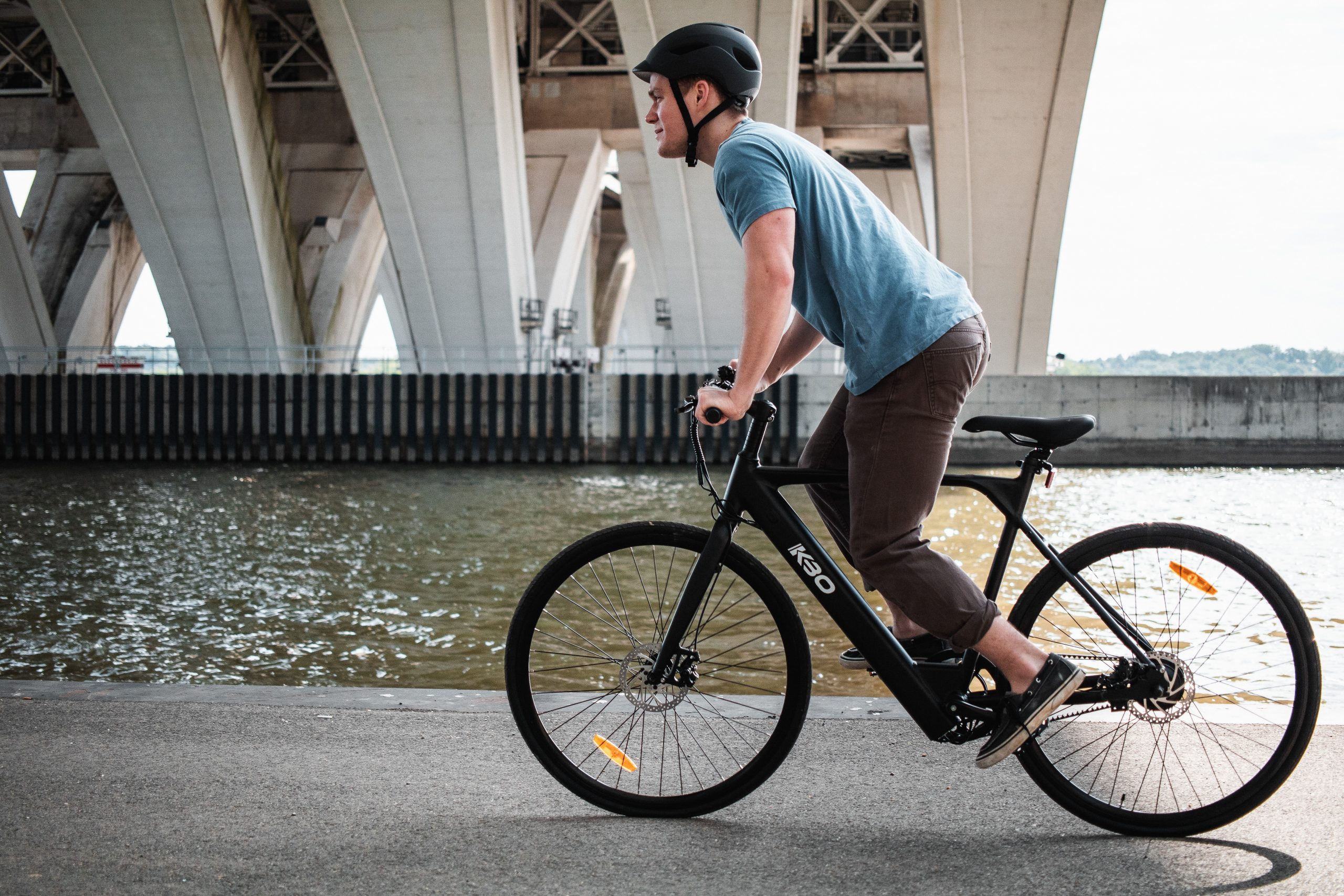Many businesses are implementing schemes to improve sustainability. People have started to utilise e-bikes and e-scooters to get around towns and cities more efficiently, instead of using their cars to get from A to B.
As these bikes have become more popular and cost-effective, it has, in some cases, become the best way for individuals to commute to the office. The issues around e-bikes and e-scooters have become more widespread and employers and employees alike need to be aware of the risks they pose.
What’s happened to e-bikes?
Since the start of the year nearly fifty e-bikes and scooters have caught fire in London alone, and just over five hundred and sixty-five across the country have resulted in the fire services being called to tackle the blazes.
Today the UK is on track to have one e-bike or scooter fire a day, which has increased since 2020 when that statistic was just once a week.
Why are they catching fire?
Lithium-ion batteries power e-bikes and e-scooters. These are specially designed to contain large amounts of energy within a small space.
The energy is kept in a smaller space, so if they aren’t properly looked after or manufactured, they can overheat or explode. In the past, this has been caused by poorly made or damaged batteries, using the wrong charging cable or the battery management system shorting while it’s on charge.
From a fire safety perspective, the risk comes from the fact that the batteries can short out if they are damaged or not properly maintained. When the cells inside lithium-ion batteries overheat, they go into a ‘thermal highway’. This is typically a feedback loop whereby cells heat up quickly, causing the cells around them to overheat. In turn, this causes the battery to have a chemical exothermic reaction and produce toxic smoke. This type of fire is harder to put out.
It’s important to remember that lithium-ion batteries could reignite themselves after they’ve been extinguished if when they’re moved it causes further damage or has a new short circuit in the battery.
What should employers do?
Employers should be aware if employees use e-bikes to get to work as they can pose a fire risk. Risk assessments, including fire risk assessments, should be updated to include e-bikes and employers should look at creating a specific e-bike policy covering what kinds of e-bikes or e-scooters can be brought onto company premises, and if employees are able to charge them while they work. The policy should also include any guidance around what condition the e-bike or e-scooters should be in, and whether they need to be regularly PAT tested or serviced.
Doing this will help ensure employers put measures into place to mitigate the hazards and risks associated with e-bikes, as well as educating employees on the dangers of leaving them on charge while unattended.
How can employers and employees reduce the risk of e-bike fires?
There are several ways that employers can help reduce the risks from e-bikes in the workplace. Here are my top tips:
- Keep an eye on the e-bike charging and watch out for any signs that it might be overheating. This will help you or your employees quickly identify if there is a potential fire risk.
- Ensure that the battery in your e-bike or e-scooter is in line with the battery and charger regulations in the UK and is UKCA / CE marked
- Never leave e-bikes or e-scooters charging on their own or overnight.
- Don’t place the e-bike or e-scooter in the way of an exit. If there is a fire you don’t want to unintentionally trap yourself in the building.
- Ensure you buy the battery and charger from a reputable business.
- Let the battery cool down before putting it on to charge.
- Regularly inspect the scooter or bike for damage.
- Ensure you have smoke alarms around the workplace, especially where the e-bikes are stored.









